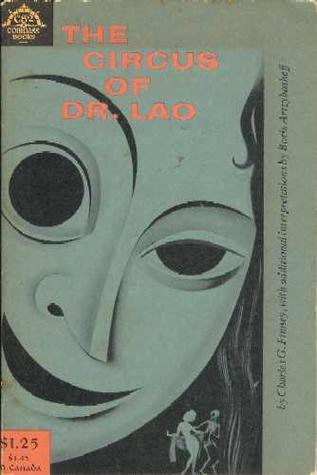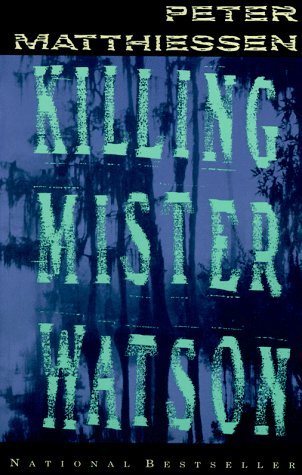Books and Tunes December 31st, 2018
Note that this is not my best of 2018 post, which if I have the energy I’ll do tomorrow. Just the usual scattershot recollections of the books I read the last two weeks, and a collected playlist of December’s favorite tunes. They might be less coherent this time than normal, since I have to rush out to get a tuxedo so I can go to the Magic Castle tonight. Cause New Years, baby!
Try and kiss someone if you can tonight, it’ll bring you luck for 2019. But only if they want to kiss you, obviously. I shouldn’t need to say that, you should just know.
The Hall of Uselessness: Collected Essays by Simon Leys – A wide ranging collection of essays, something of a mixed bag. I wasn’t blown away by the literary criticism (although anyone who shit-talks Christopher Hitchens can’t be all bad) but the writing on China and Mao were excellent, informative and thoughtful.
Journey into Fear by Eric Ambler – A bourgeois technocrat is targeted for assassination by Nazi agents. As I said last week, Ambler wrote the best spy novels of anybody ever. The plot is airtight, he has a real gift for the internal mechanics of the story. His everymen almost hero is thoughtful and human in a way we don’t normally see in this type of book, and he has an admirable subtlety in his character building. Lots of fun.
The Circus of Dr. Lao by Charles G. Finney – A magical circus arrives in a small Arizona town; something like if Charles Portis had written Something Wicked This Way Comes. It’s not really a story so much as a peculiar collection of jokes and strange asides, but it was weird and funny and a quick read. Also the illustrations are fabulous.
Killing Mr. Watson by Peter Matthiessen – A polyphonic retelling of the foul deeds of the eponymous Watson, a gunhand and would be industrialist, basically Absalom, Absalom in the Florida Keys. Its good, its very well written but there’s also shooting and murder and mystery and whatnot. I felt that the various viewpoints read too similarly and lacked the disparate stylization necessary for this style of writing, and the author’s own (admirable) moral viewpoint came through too strong. Which makes it sound like I didn’t like the book, but I did like the book, I just felt it didn’t quite manage to fulfill its enormous ambitions.
Lincoln in the Bardo by George Saunders – The ghosts of a Washington, D.C. Graveyard try to help Abraham Lincoln’s newly deceased son pass into the next world, and his father grapple with the tragic futility of existence. Cleverly written, fairly breezy as far as this sort of thing goes. I thought the philosophizing and the supernatural stuff was much stronger than the political bits, which largely came down to ‘war is bad, but slavery is worse, and so war is OK.’ Still it wasn’t bad, I’m sure there were a lot of worse books up for the Mann Booker in 2017.
Seduction and Betrayal by Elizabeth Hardwick – Essays about lady writers and ladies who knew writers. I can’t remember a fucking thing about this book, usually not a great sign, but then again I’ve been reading a lot of literary criticism the last few weeks so it might be that they’re running together.
Life and Fate by Vasily Grossman – Grossman’s epic masterpiece, a spiritual successor to War and Peace, stolen by Soviet secret police and long thought lost, has been on my list for a while now, and I spent the last ten days reading it, when I wasn’t eating too much food or playing with small children. In the Fox and the Hedgehog, Berlin has a funny throw-away line where he says Tolstoy thought he was a hedgehog but was really a fox—the point being that the enormous narrative genius of War and Peace, it’s unique world-building and rich cast of characters, is put in service of a philosophical argument about the nature of history just doesn’t make a lick of goddamn sense. To apply that rubric to Grossman’s spiritual sequel, it might be reasonable to say that he’s more hedgehog than fox. Much of the vast crowd of characters only appear briefly, and whereas some are fabulously rich – in particular Grossman’s morally muddled authorial surrogate, Viktor – a lot of the others fell flat. But whereas Tolstoy’s essential thesis is bunk, Grossman’s celebration of what is essentially human – that is to say idiosyncratic, flawed, unique – against the all consuming force of the state, and the bitter, mercurial indifference of destiny, resounds profoundly. A good book to end 2018 on.







